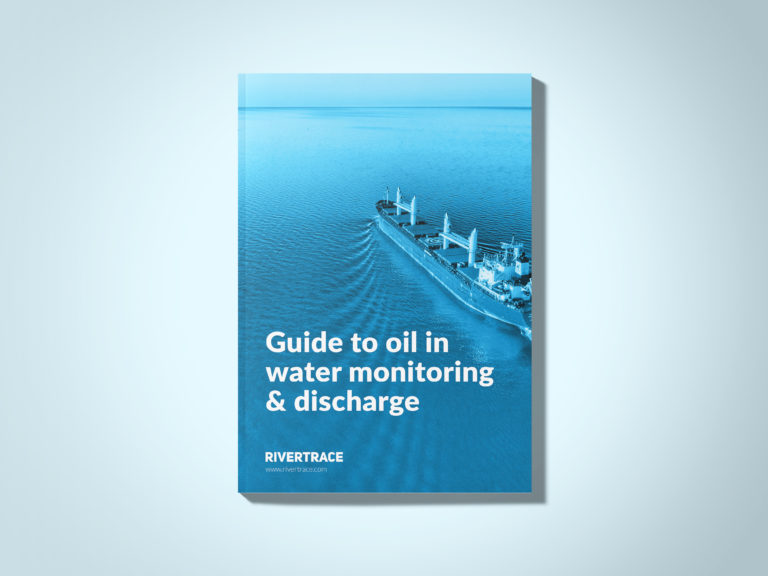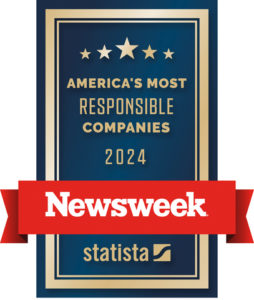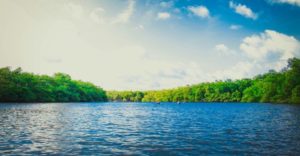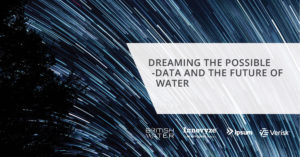Rivertrace Publishes New Guide to Oil in Water Monitoring & Discharge

Image caption: Rivertrace's new guide to oil in water monitoring & discharge. (Image source: Rivertrace Ltd.)
Exhaust gas cleaning systems, better known as scrubbers, allow ships to operate on high-sulphur fuel oil rather than more expensive very low sulphur fuel oil after the global 0.5 percent cap on fuel sulphur levels became effective on 1 January 2020. After a lull caused by low crude oil prices in 2020 and the effects of the COVID pandemic, scrubber uptake continues to advance, with systems even being specified for newbuildings with dual-fuel capability. For larger ship types some analysts believe they will become the optimal means for complying with emission abatement regulations.
A fierce debate is taking place with some opposed to scrubbers claiming they merely shift pollution from air to sea and seeking a ban on open loop scrubbers, while proponents point to conflicting research showing other advantages. A recent CE Delft study found the increase in CO2 footprint from the additional refining of MGO to likely be in the range of 10 percent-15 percent and potentially as high as 25 percent, whereas the increased CO2 from EGCS is only in the range of 1 percent-1.5 percent and the sulphur discharged to the oceans is in a harmless form.
New IMO guidelines for scrubbers were formulated in February 2020, but restricted time at virtual meetings held in November 2020 (MEPC 75) and June 2021 (MEPC 76) meant that the subject was dropped at both meetings. The guide examines current regulations in detail while anticipating these and other future guidelines on water quality and monitoring for scrubbers and EGR. It also covers regulations on monitoring oil content in bilge water and from tank washing systems in tankers, including a section on the science behind monitoring and the various methods employed in modern monitoring systems.
Mike Coomber of Rivertrace said: “Regulation around monitoring is a hot topic in the shipping industry. Although IMO has found it necessary to concentrate on other issues at the present time, the controversy around exhaust gas cleaning is not going away and we anticipate more national and regional authorities taking independent action. This guide will help owners and operators understand the issues and take appropriate action to ensure compliance.
“The need to develop harmonised international rules covering wastewater quality and monitoring is pressing. At Rivertrace we are constantly refining our product range and developing new systems that give shipowners confidence of knowing their vessels are meeting all regulatory requirements and avoiding the chance of penalties and detentions”.
Source: Rivertrace Ltd







